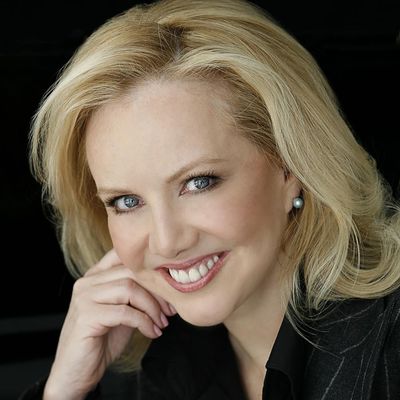On this episode of Conversations with Changemakers, we speak with five-time Tony Award winning Director and Choreographer, Susan Stroman. Listen now to discover:
- Why she decided to create an official website and how the process was as challenging and cathartic as putting on a show.
- How to develop your own new work, get into “the room where it happens,” and lead your collaborators and company to their best work.
- How to redefine success in the business of show — including life lessons from Sondheim, Hal Prince, Kander & Ebb, Mike Ockrent, and Stro herself!
Click here to access bonus resources from this episode.
Connect with Susan Stroman:
Connect with Tony Howell:
Episode Credits:
- Art by Tony Howell + Gertrude Pillena
- Editing by Unapologetic Amplified
- Hosting by Broadway Podcast Network
If you enjoyed this episode, please visit RateThisPodcast.com/tonyhowell. Be sure to check out our past conversations and subscribe for next month’s special guest!


